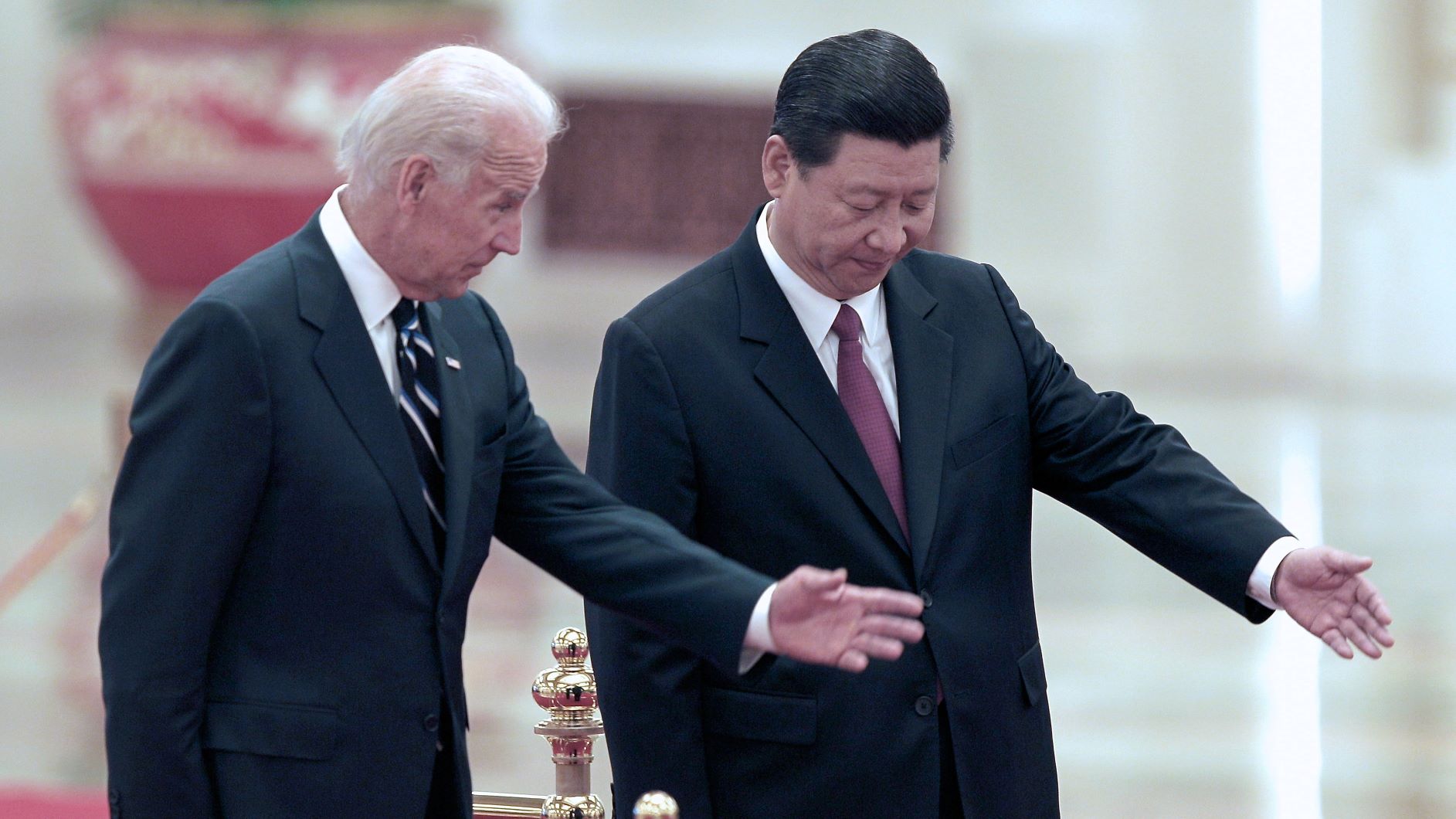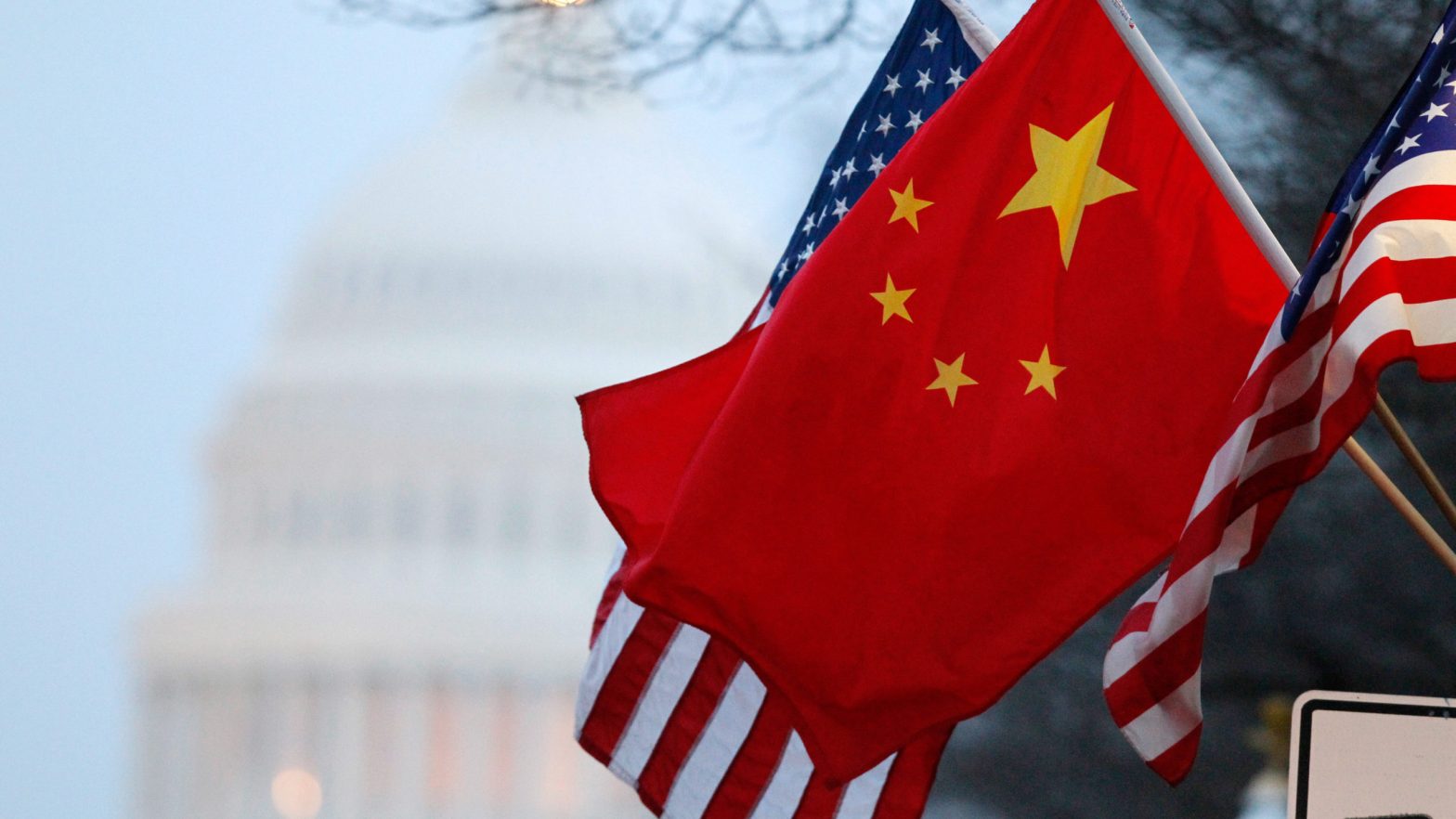Introduction:
The ongoing lack of communication between the United States and China has raised concerns about the potential for an incident that could quickly spiral out of control. Defense Secretary Lloyd Austin expressed disappointment over China’s refusal to engage in discussions at a recent defense summit in Singapore, highlighting the importance of communication to manage crises and prevent unnecessary escalation. As tensions continue to rise, both countries must recognize the risks and consequences of their actions in order to maintain stability in the region. This article delves into the strained US-China relationship, recent incidents, and the urgent need for dialogue to avert a potential crisis.
Deteriorating Relations and Missed Opportunities for Dialogue:
The refusal of China to accept a US proposal for Defense Secretary Lloyd Austin to meet with his Chinese counterpart Li Shangfu at the Shangri-La Dialogue security forum in Singapore underscores the deteriorating relations between the two countries. China’s defense ministry blamed the US for ongoing tensions, laying the responsibility at their doorstep. The lack of direct communication channels hampers efforts to manage crises effectively and address concerns diplomatically. The absence of dialogue can contribute to misunderstandings, miscalculations, and the potential for unintended escalation.
Provocative Actions and Rising Tensions:
Defense Secretary Austin expressed concerns about China’s provocative actions in international airspace and waterways. Instances of aggressive intercepts against US and allied aircraft have become increasingly concerning. These actions raise tensions and increase the risk of an incident that could quickly spiral out of control. The US and its allies have urged China to alter its behavior, but the lack of response from Chinese authorities raises further concerns about the potential for miscommunication and unintended conflict.

Heightened Preparations and Worst-Case Scenarios:
Chinese President Xi Jinping’s recent call for national security officials to consider “worst case” scenarios and prepare for “stormy seas” reflects the hardening stance of the ruling Communist Party in countering perceived internal and external threats. This posture, coupled with the breakdown in US-China communication, creates an environment of uncertainty and heightened tensions. The preparation for worst-case scenarios may inadvertently lead to a self-fulfilling prophecy, where distrust and fear drive actions that exacerbate the existing conflicts.
The Urgency for Dialogue and Diplomatic Solutions:
The current state of US-China relations calls for urgent dialogue and diplomatic engagement to prevent further escalation. Defense Secretary Austin expressed a willingness to engage with China’s leadership and stressed the importance of open communication channels to manage crises effectively. Both countries need to recognize the potential consequences of their actions and seek diplomatic solutions to address their concerns. Diplomatic efforts should focus on fostering mutual understanding, finding common ground, and establishing mechanisms for de-escalation and conflict resolution.
Regional and Global Implications:
The strained relationship between the US and China has significant regional and global implications. As two of the world’s major powers, their actions and interactions shape the geopolitical landscape. Escalation and conflict between these nations would have far-reaching consequences, not only for the two countries involved but also for neighboring regions and the international community as a whole. Maintaining stability and fostering constructive dialogue between the US and China is crucial for addressing global challenges such as climate change, trade, and security.
Conclusion:
The lack of communication and escalating tensions between the United States and China pose significant risks to regional and global stability. The refusal to engage in dialogue and the absence of effective communication channels increase the likelihood of an incident that could spiral out of control. It is imperative for both countries to prioritize open lines of communication, diplomatic engagement, and conflict resolution mechanisms. By doing so, they can mitigate misunderstandings, manage crises, and pave the way for a more stable and cooperative relationship. The urgency for dialogue cannot be overstated, as the consequences of a breakdown in communication are far too grave to ignore.
©world-news.biz
